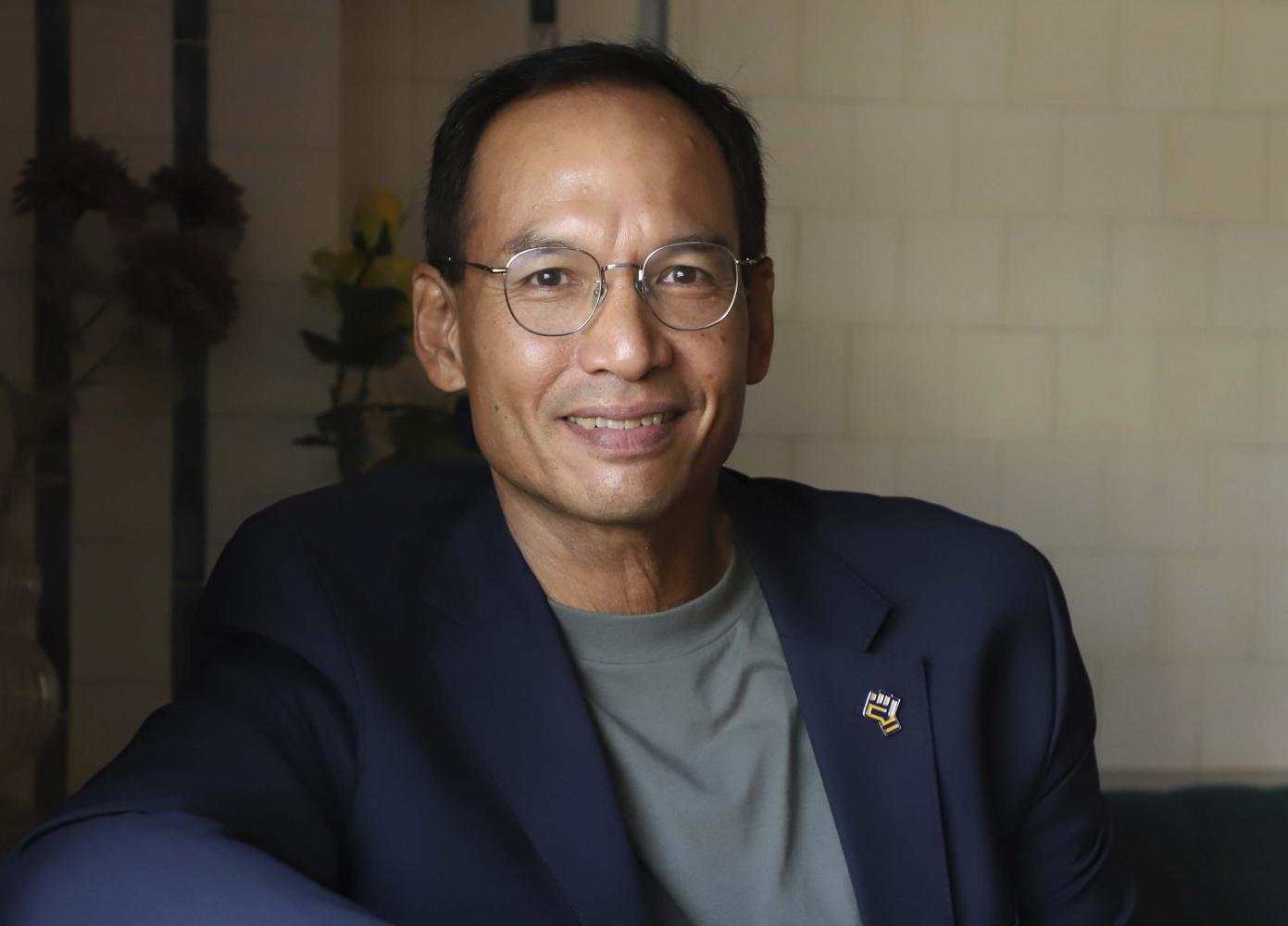
The Energy Ministry is considering ways to boost the State Oil Fund, which is more than 100 billion baht in debt, a well-placed source revealed on Tuesday.
Besides asking oil refineries to channel part of their profits into the fund, the ministry is contemplating issuing a directive requiring gas separation plants to send their income from price differences to the fund.
This portion of income has never been collected before, said the source, adding that sources of income are essential to the fund's plan to borrow money from potential creditors to shore up its liquidity following enquiries from the Government Savings Bank and Krung Thai Bank about its schedule for payment.
According to the source, the Oil Fuel Fund Office has yet to conclude talks with financial institutions which need to be assured of the fund's debt serviceability.
Earlier, the cabinet allowed the fund to borrow 30 billion baht to prop up its liquidity.
The source said the fund's office is also considering asking the government to inject money from its central budget into the fund to increase its liquidity while the borrowing plan is finalised.
Section 6 of the Oil Fund Act allows the government to allocate money to the fund in an emergency. The fund's debts increased to over 100 billion baht as it continued to subsidise and cap the diesel price at 35 baht a litre.
The source said while the fund has yet to secure sources of income, the office may have to prolong compensation payment of subsidies to major operators as part of liquidity management.
Kla Party leader Korn Chatikavanij on Tuesday criticised the government for a lack of clear measures to solve the energy price crisis following Monday's meeting of the National Security Council.
During a Facebook Live session, Mr Korn expressed disappointment at the government for setting up two committees whose work, according to Mr Korn, overlapped with that of the economic ministers.
He said two weeks had lapsed without progress since the Kla Party floated a proposal resulting in the government asking oil refineries to channel their profits into the fund.
The former finance minister noted that India was the latest nation to proceed with a windfall tax on oil.
"People are in a difficult moment, so it is justified to collect a windfall tax."
Following the NSC meeting, Prime Minister Prayut Chan-o-cha said one committee, chaired by himself, would be responsible for crisis management while the other, headed by the finance minister, would be tasked with impact analyses and response plans.







